PEA
Targeted PEA Support For Pain And Neurobalance
LVLUP Health PEA is formulated for individuals seeking focused support for pain, inflammation, and neurological balance. Each capsule delivers 500 mg of pure micronized palmitoylethanolamide (PEA), a compound recognized for its ability to modulate pain and immune signaling via PPAR-α activation and mast cell stabilization. By influencing key pathways involved in neuroimmune communication and neurosteroidogenesis, PEA supports discomfort management and cognitive stability in a non-psychoactive, allergen-free formula tested for purity and potency.
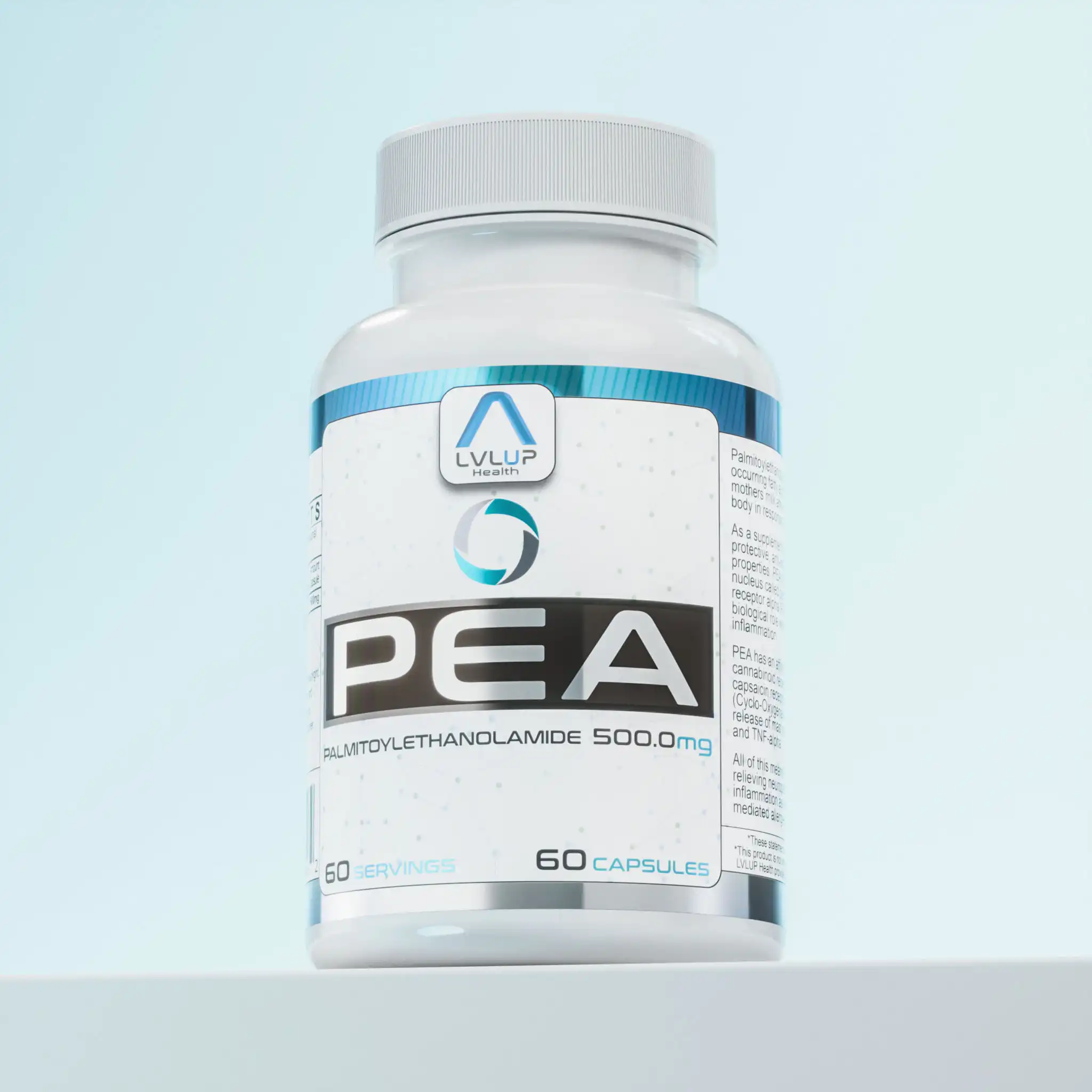
How It Works
Micronized PEA interacts with endocannabinoids like anandamide and activates PPAR-α receptors. This dual action helps moderate nerve sensitivity while supporting healthy immune signaling – key elements in pain balance that do not compromise mental clarity.
By regulating mast cell activity and inflammatory gene expression through PPAR-α activation, PEA supports both local tissue comfort and systemic immune response. These mechanisms aid resilience during physical stress or environmental exposures.
PEA stimulates enzymes StAR and P450scc vital for neurosteroid synthesis – notably allopregnanolone – which enhances GABAergic signaling. As a result, users may experience improved relaxation responses alongside sustained cognitive stability as part of their daily wellness approach.
Customer Reviews


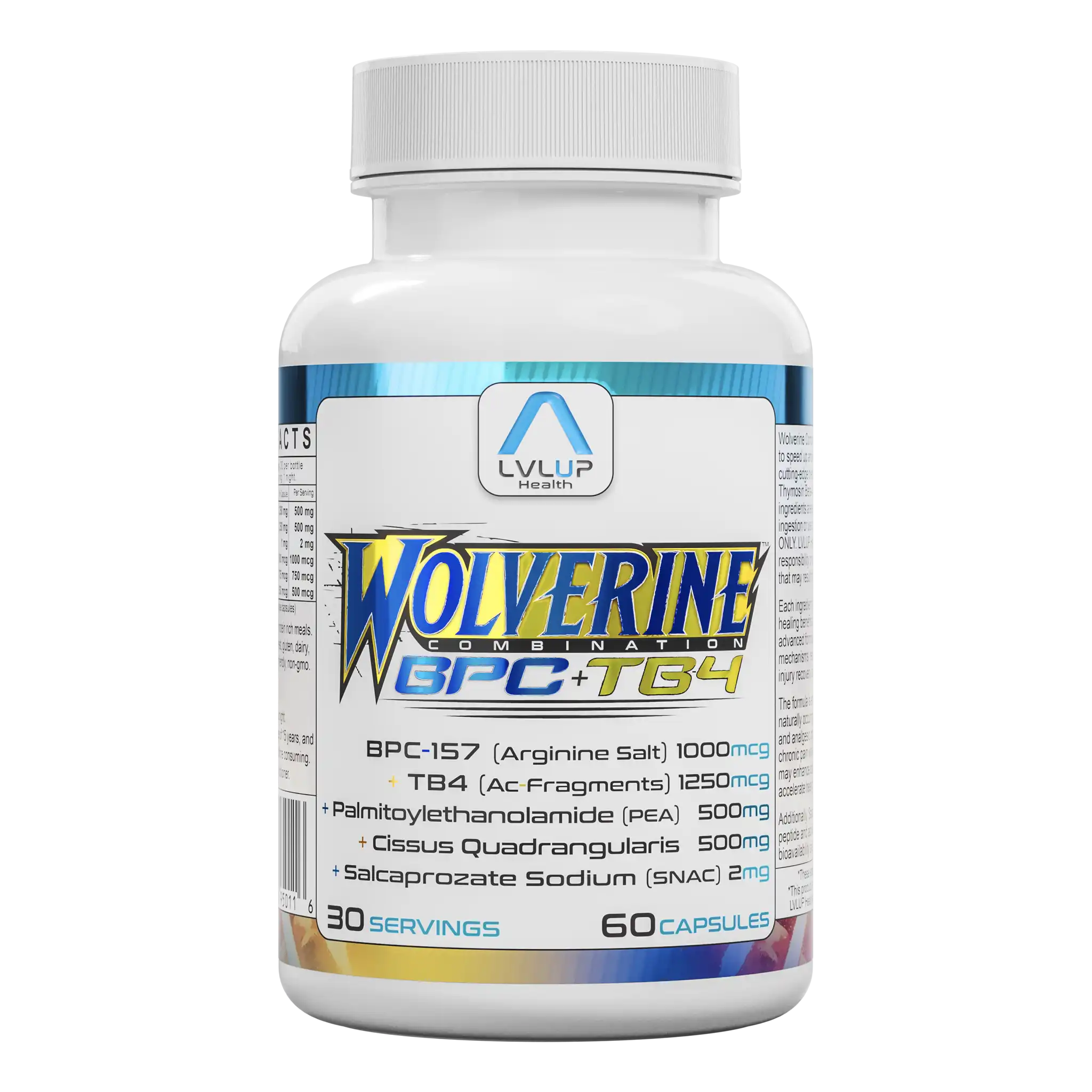
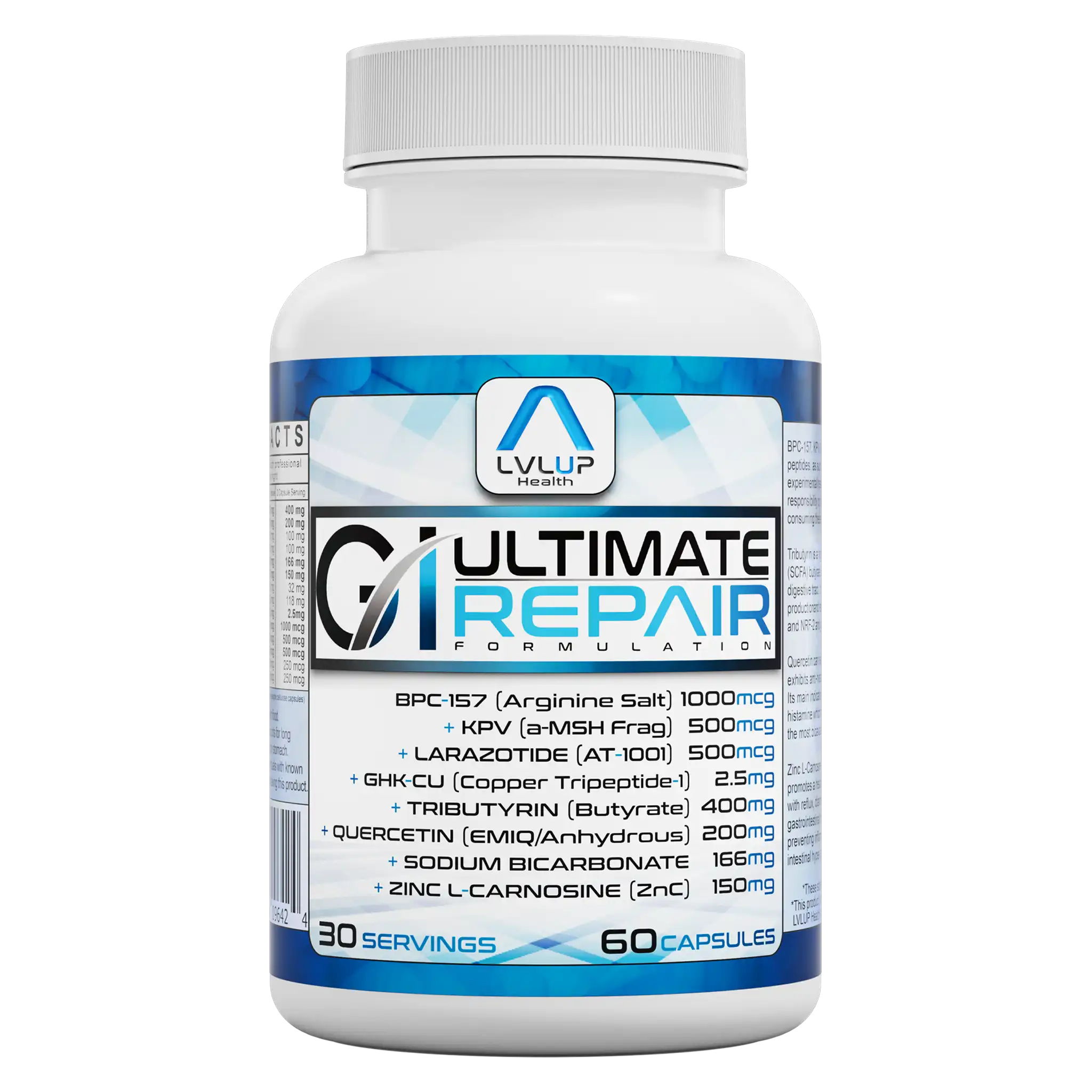
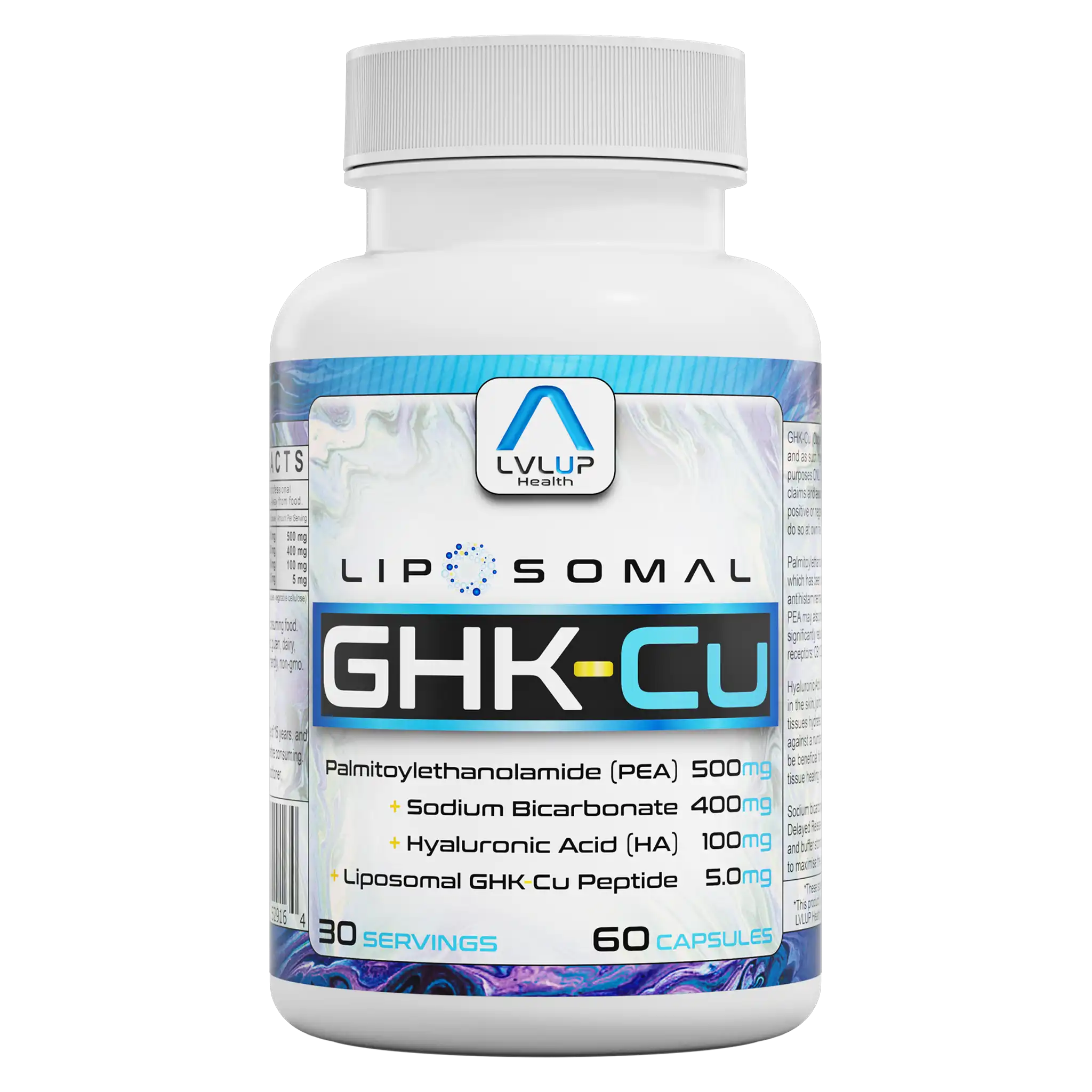
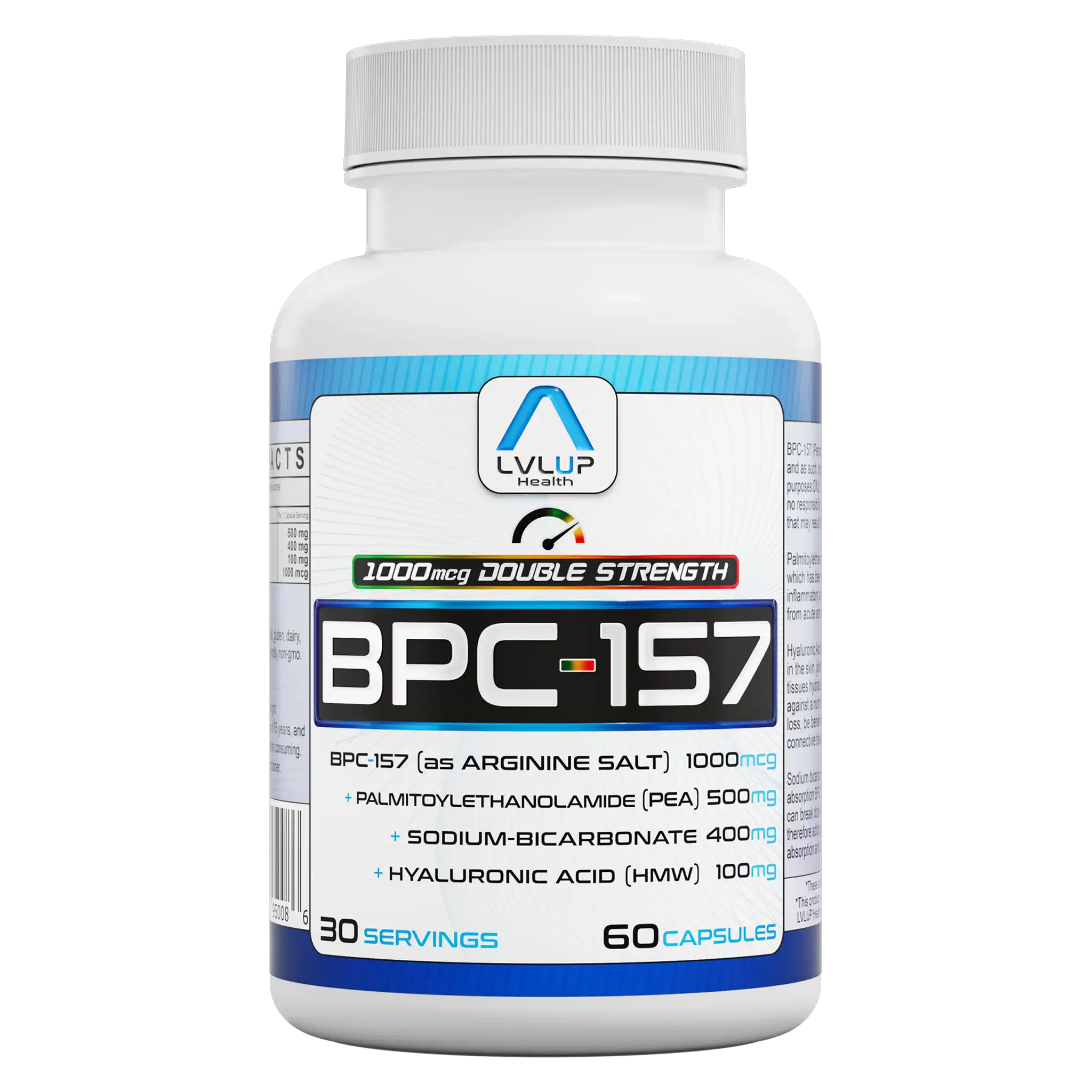
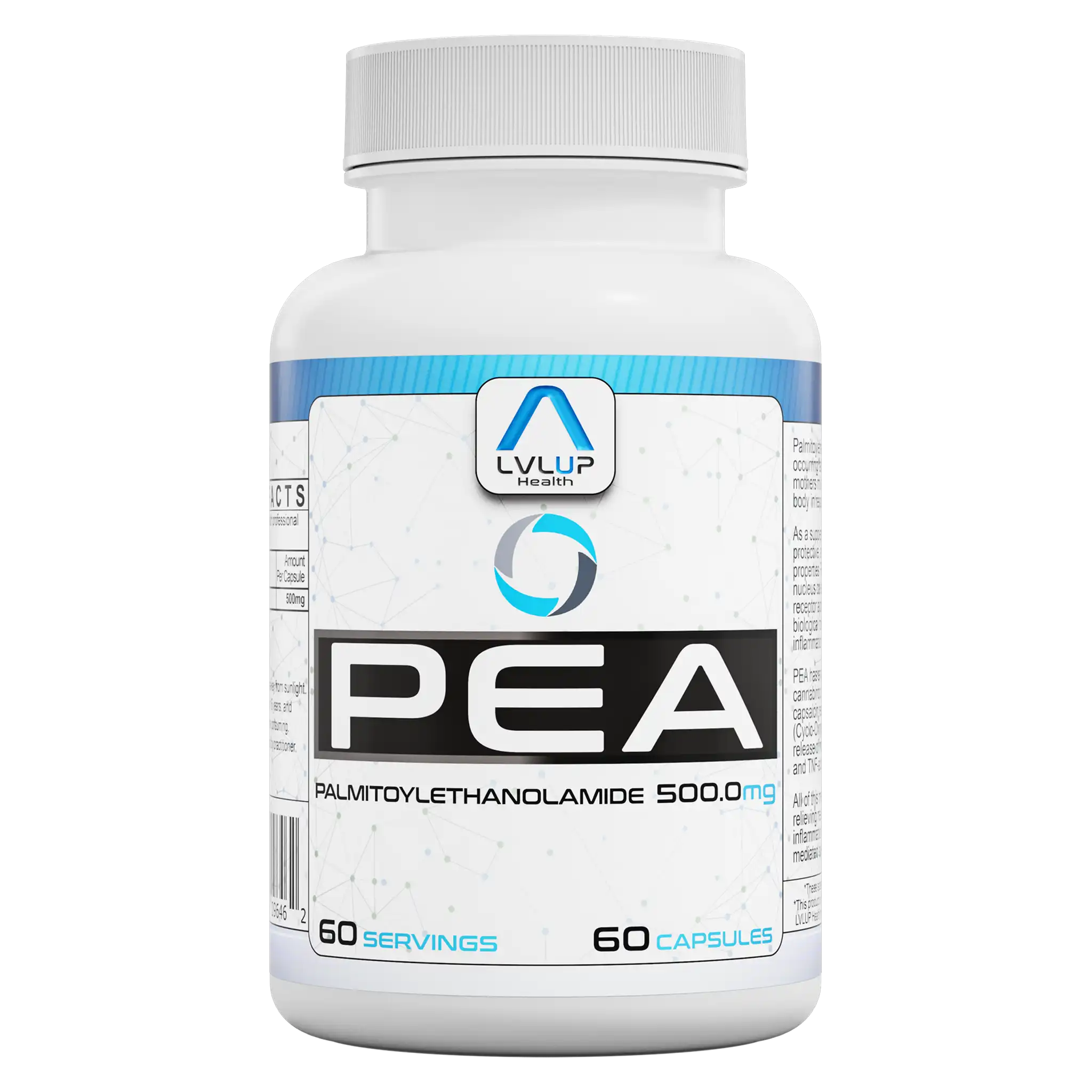
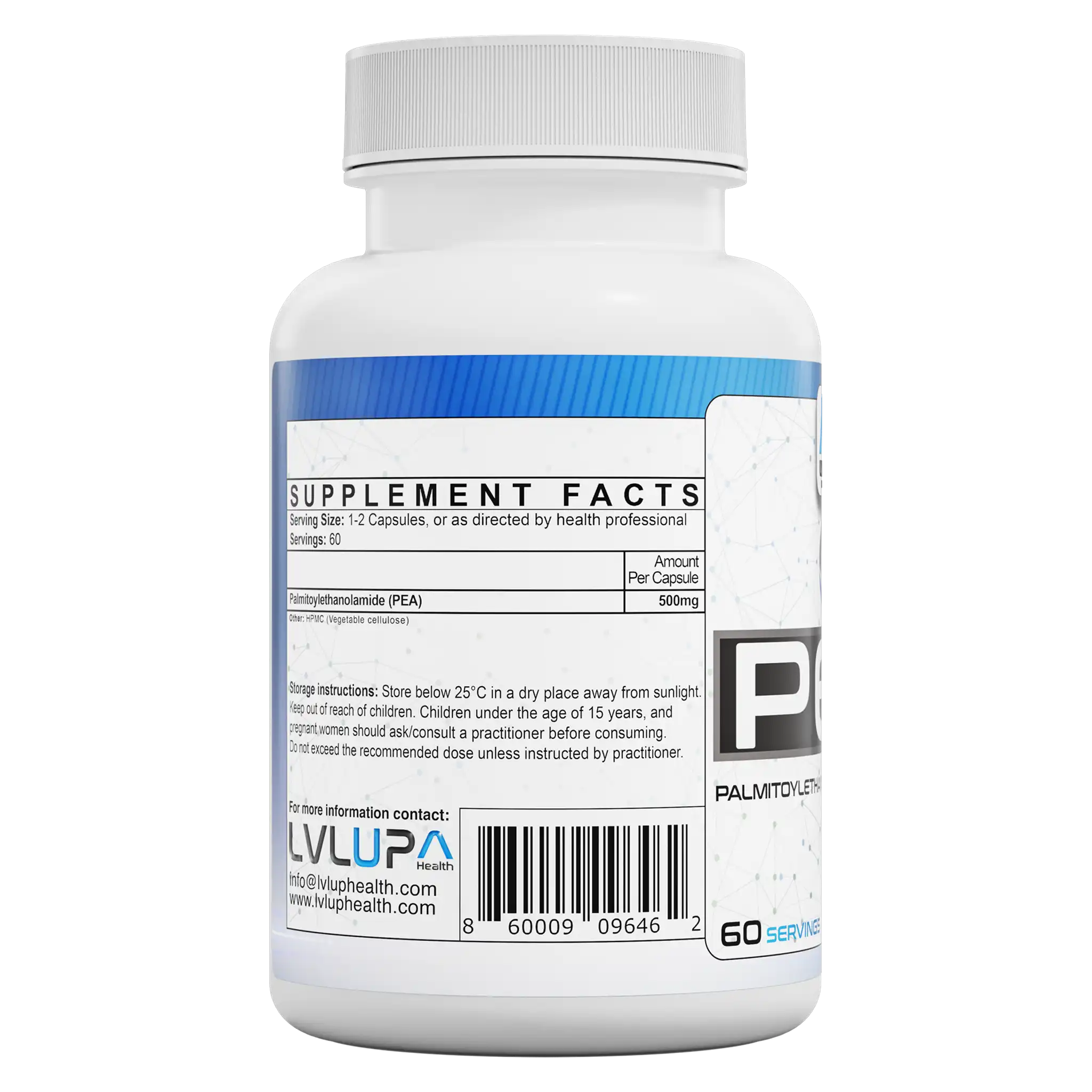
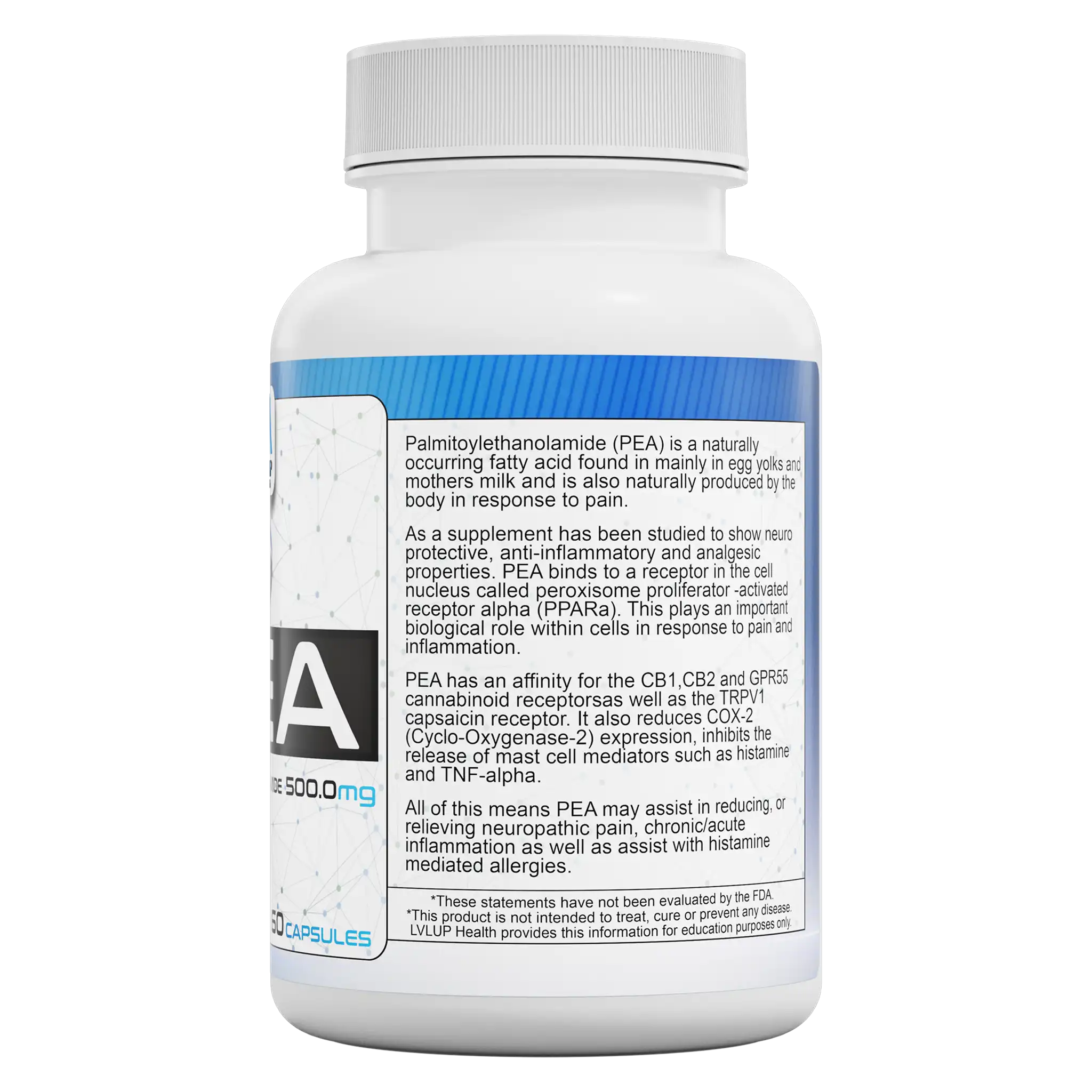
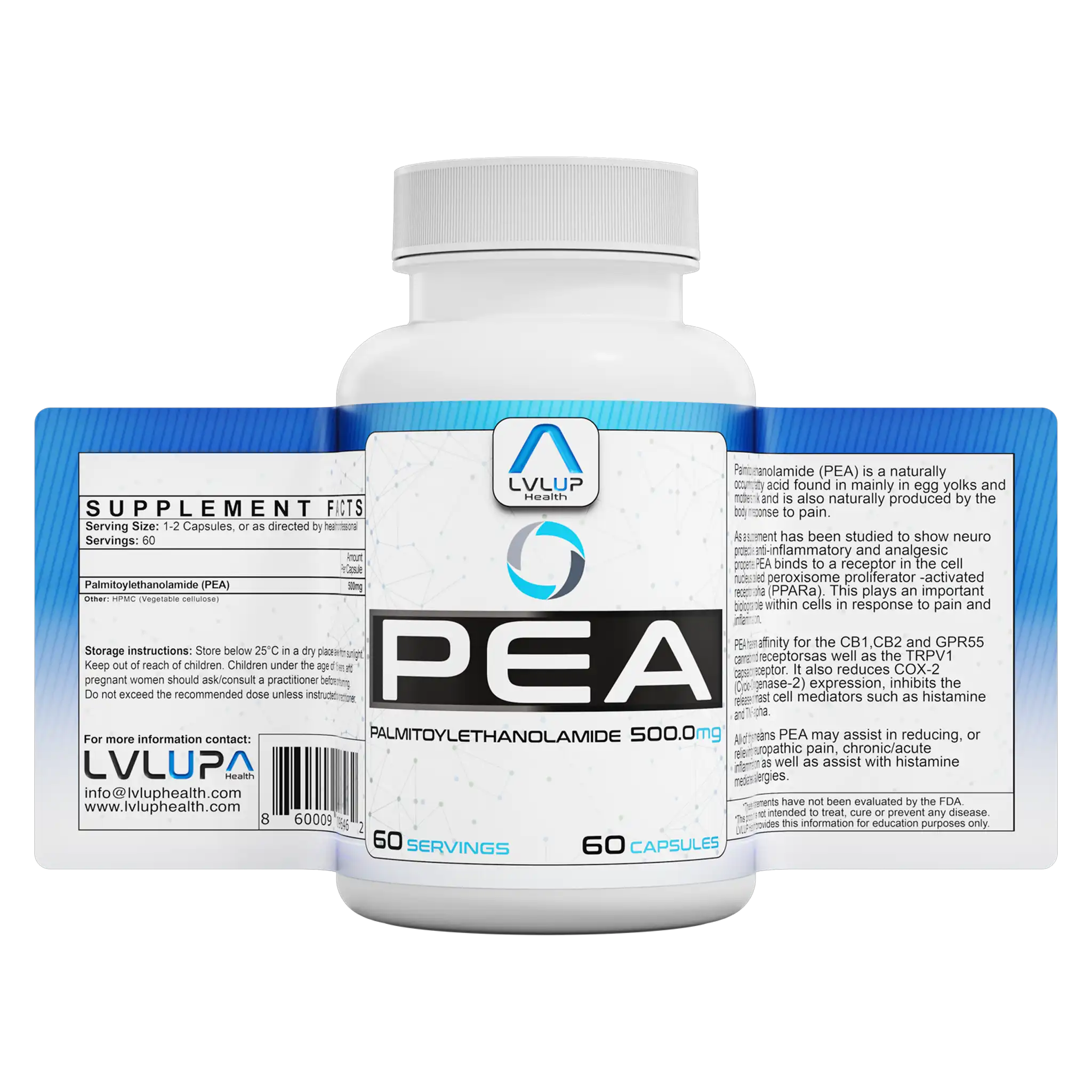
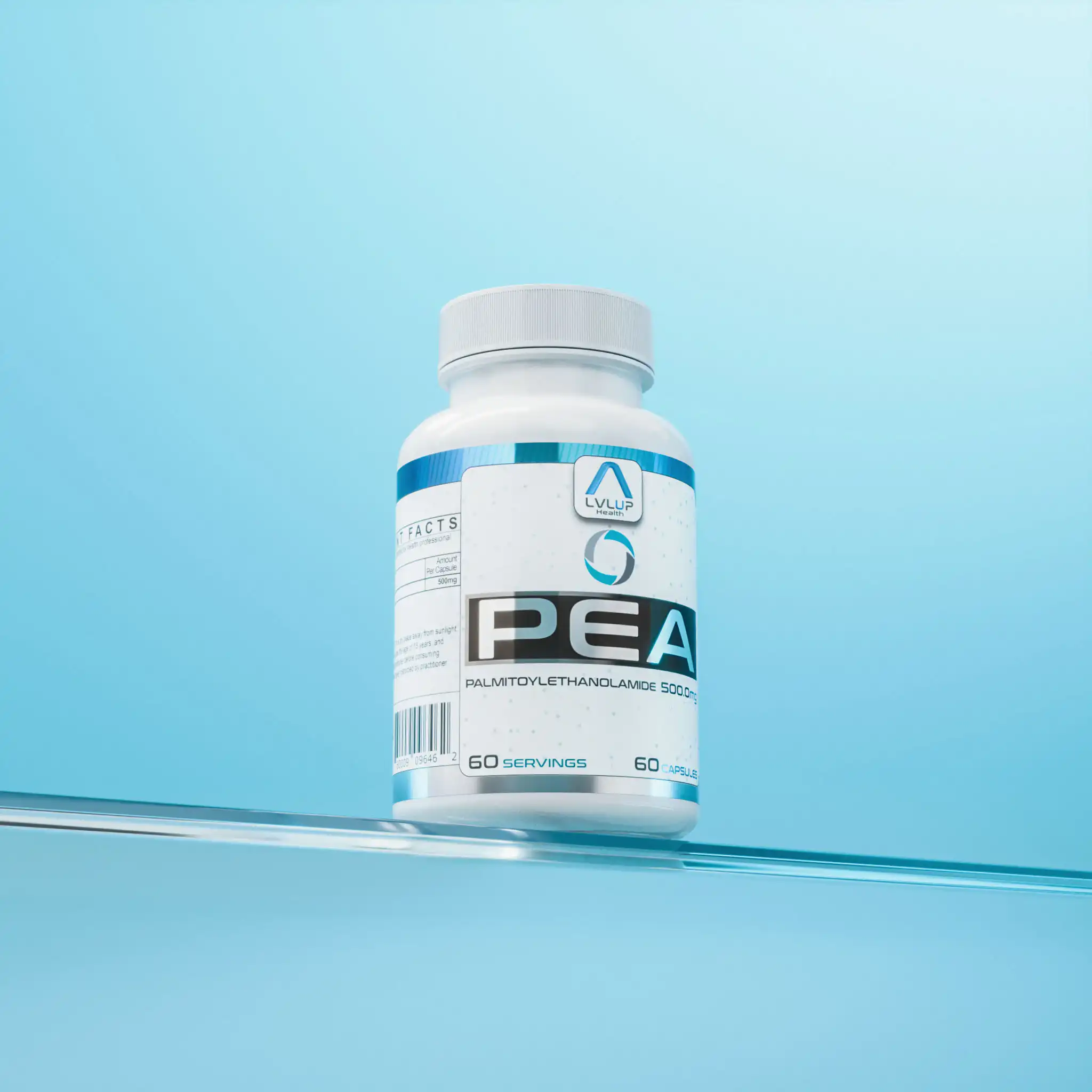


Leave a review